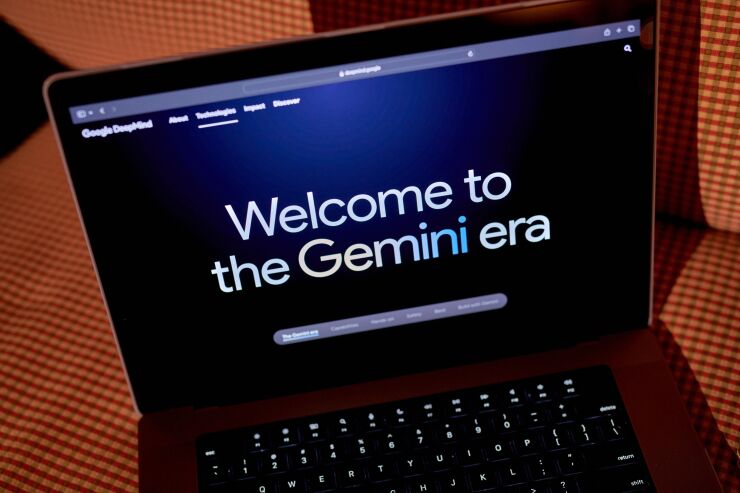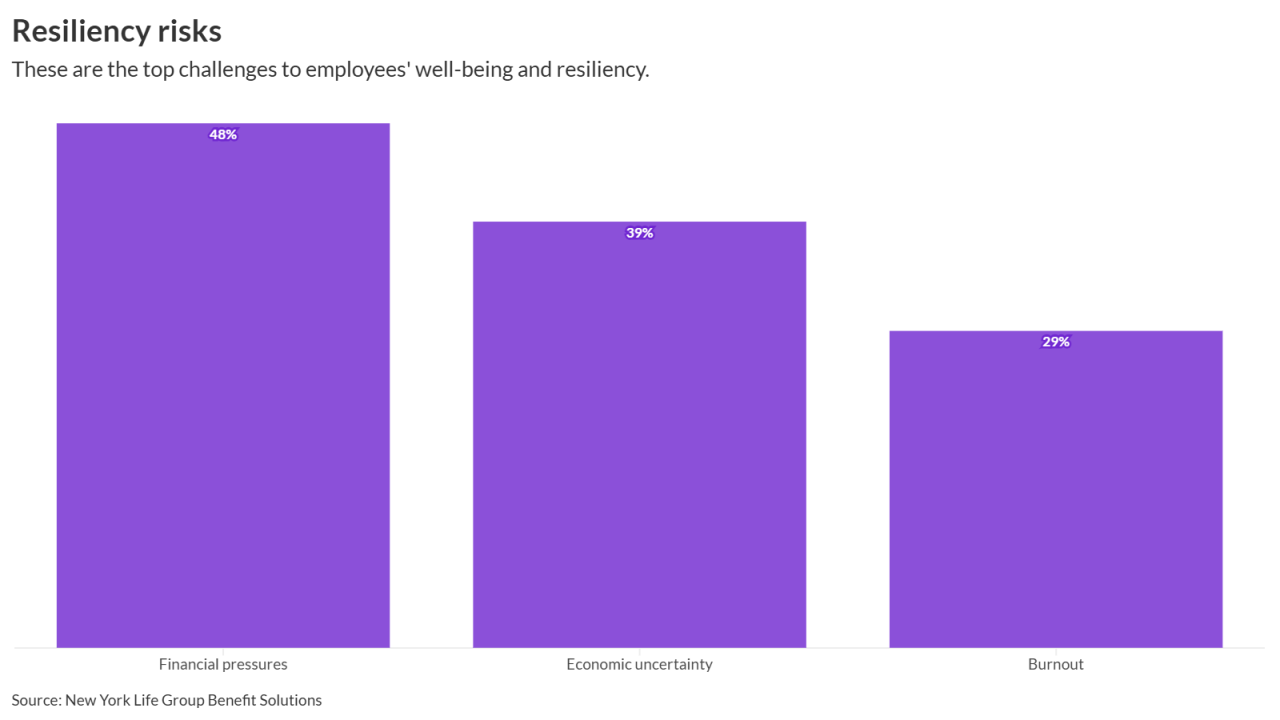Earlier this week, Microsoft named artificial intelligence pioneer Mustafa Suleyman chief of its consumer AI business and hired most of the staff from his Inflection AI startup. A day before, Bloomberg reported that Alphabet's Google was in talks to license its Gemini AI engine to Apple.
The moves suggest that despite pouring billions of dollars into partnerships, investments and product development, Microsoft and Google are struggling to figure out how to capitalize on generative artificial intelligence. Neither company is moving fast enough to field consumer products that generate revenue and grab market share, and, despite their size and power, they remain vulnerable to being disrupted.
Read more:
Even as engineers labor to perfect the large language models undergirding the technology, the companies are forming alliances and scouring the world for talent and promising startups.
Forging a leading position in generative AI requires each of the tech giants to assemble various ingredients—computing power, top-of-the-line AI models, trustworthy and easy-to-use products and ways of getting them to people. None of the tech giants has all of the ingredients. Google, once the pioneer in large language models, keeps releasing products with worrying errors and biases. Microsoft got a head start with exclusive access to many of OpenAI's ground-breaking models, but has never been skilled at building exciting consumer products besides video games.
Apple is years behind in artificial intelligence and, to shore up its capabilities in China, the company is in exploratory talks with Baidu about using the Chinese company's AI technology in devices sold there, the Wall Street Journal reported Friday. On the plus side, Apple sells the world's most popular smartphone, and its App Store serves as a distribution platform for millions of apps. The company plans to announce an AI comeback strategy in June.
"Even large tech companies and cloud providers, with their vast resources, cannot innovate the entire generative AI ecosystem single handedly," said Ido Caspi, a research analyst at Global X ETFs. "Companies must constantly be on the lookout for the best talent and technology to fill gaps in their portfolios."
Read more:
Though OpenAI has given Microsoft a first mover advantage, the startup is focused on the underlying technology, not developing products for the software giant.
"Really all we're trying to do is craft a true end-to-end product experience, so the user feels that there is a seamless, fluid, human-like conversational interaction," Suleyman said in an interview Monday. He likened the work to sculpting and said "that art requires you to know the real sweet spot of when a piece of technology is ready and how to dress the experience so that it has an essence and a character which is familiar and accessible and trusted."
The
Read more:
Since early last year, Apple has been testing its own large language model codenamed Ajax, according to people familiar with the situation. Some employees also have been trying out a basic chatbot dubbed Apple GPT. But Apple's technology remains inferior to tools from Google and other rivals, according to the people, making a partnership look like the better option. Apple could ultimately team up with another company, including OpenAI, or several.
Industry observers expect tech companies to continue collaborating and investing in startups to augment their services and avoid being disrupted. "They need each other, especially in a space like AI which requires engineering expertise and lots of computing power," said Dan Wang, a Columbia Business School professor who teaches innovation and entrepreneurship. "It's a sensible way for the large tech companies to spread out the risk." No one, he added, "has really found a killer application just yet that people are willing to pay for."





